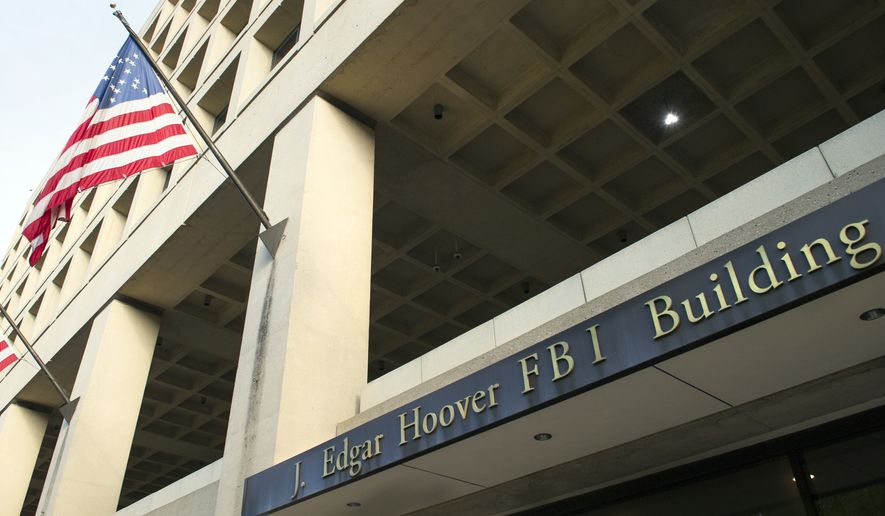The number of encrypted mobile devices federal investigators have lawfully seized but been unable to access data from is “substantially lower” than previously stated, the FBI conceded Tuesday.
A methodology error resulted in the FBI previously concluding that investigators recovered 7,775 mobile devices during fiscal 2017 that were incapable of being unlocked by authorities, the bureau said in a statement.
The actual number of encrypted phones seized last year stymieing investigators is closer to between 1,000 and 2,000, The Washington Post reported, citing an internal government estimate.
“The FBI’s initial assessment is that programming errors resulted in significant over-counting of mobile devices,” the FBI explained after The Post report was published.
“The FBI is currently conducting an in-depth review of how this over-counting previously occurred, and how the methodology can be corrected to capture future data accurately,” the FBI said.
Top federal law enforcement officials have repeatedly cited the inflated figure in recent months to highlight concerns about the so-called “Going Dark” problem in which authorities are unable to decipher encrypted evidence, such as data stored on password-protected cellphones and conversations conducted over secure messaging applications that use strong encryption, and Attorney General Jeff Sessions referenced the bogus statistic just two weeks ago while suggesting it may warrant legislation.
“Last year, the FBI was unable to access investigation-related content on more than 7,700 devices — even though they had the legal authority to do so. Each of those devices was tied to a threat to the American people,” Mr. Sessions said at a law enforcement conference in Arizona, according to a copy of his public remarks published online by the Justice Department afterwards. “Ultimately, we may need Congress to take action on this issue.”
The version of the attorney general’s remarks published by the Justice Department has since been updated to include a disclaimer, reading: “The correct number will be substantially lower.”
Going Dark “remains a serious problem for the FBI, as well as other federal, state, local and international law enforcement partners, all of whom face similar challenges in maintaining access to electronic evidence despite having legal authorization to do so,” the FBI said in a statement. “The FBI will continue pursuing a solution that ensures law enforcement can access evidence of criminal activity with appropriate legal authority.”
While Mr. Sessions and others have touted possible legislation ensuring investigators can access encrypted data, technologists have warned that creating “back doors” designed to let authorities decipher data would amount to introducing vulnerabilities that would make users susceptible to security risks.
“For years, the FBI has been pushing for back doors into encrypted mobile devices based on broad claims that law enforcement is ’going dark’, even as practically every expert outside of law enforcement has made clear that doing so would seriously undermine our cybersecurity, our digital privacy, and our tech economy,” said Kevin Bankston, director of New America’s Open Technology Institute. “Now, it turns out that the FBI’s claims were based on bad math and the problem is only a small fraction of what we were originally told — making it all the more clear that Congress should refuse the FBI’s call for legislation that would undermine the security of our smartphones.”
The Justice Department requested more than $20 million last year for funding efforts related to resolving its “Going Dark” problem, and FBI plans to create a new unit within the bureau’s Operational Technology Division (OTD) devoted to addressing the dilemma, according to an inspector general’s report released in March.
• Andrew Blake can be reached at ablake@washingtontimes.com.




Please read our comment policy before commenting.